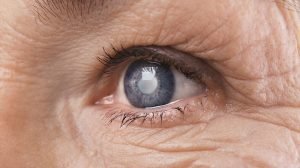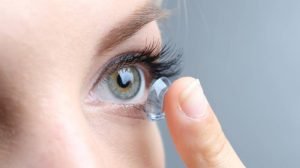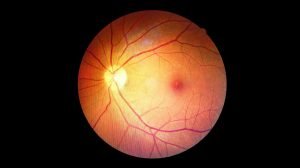In recent years, many people have expressed concerns about blue light and whether it contributes to various eye issues. Is blue light bad for your eyes? Let’s go over the basics of blue light, health benefits, possible effects on our eyes, and the use of blue-light-blocking glasses.
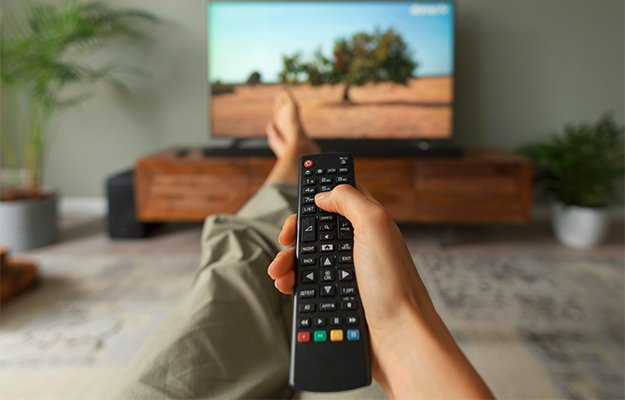
What Is Blue Light?
Blue light is a portion of the visible light spectrum and it’s all around us. The sun is the biggest source of natural blue light. Nowadays we are more exposed to blue light because of our widespread use of devices that use LED technology, like computer screens and smartphones. This LED technology emits high amounts of blue light. The concern about blue light finds its origin in its high energy and proximity to UV light in the electromagnetic spectrum.
UV light, which is invisible, has long been linked to eye and skin damage. Thankfully there is very little indication that blue light emitted from LED screens is harmful. The LED screens are simply not bright enough. The natural blue light from the sun far exceeds the amount emitted from a screen.
The Health Benefits of Blue Light
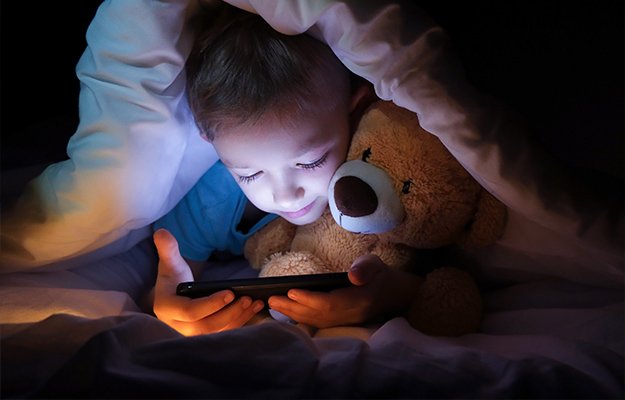
Blue light, mostly emitted by the sun, has been proven to promote alertness, boost mood, improve memory and cognitive function, enhance healthy sleep by maintaining a wel-lregulated circadian rhythm, and help with some skin conditions.
Is Blue Light Bad For Your Eyes?

Our eyes are built in a way that provides protection against some kinds of light. The cornea and lens protect the retina, at the back of the eyes, against harmful UV rays. They are not good at blocking blue light from entering the eyes. This has sparked the debate about whether extended use of electronic devices can give rise to eye disorders. Thankfully there is very little indication that blue light is responsible for any eye pathology, whether it’s from the sun or from an LED screen which is far less bright.
Extended use of LED screens is linked to digital eye strain, but this is mostly due to the fact that we blink far less often than normal when looking at a screen, thus causing our eyes to dry out. So it’s not the blue light, but the fact that we blink less often that causes eye problems.
Symptoms of digital eye strain include:
- Eye irritation or soreness
- Tired eyes
- Blurred vision
- Headaches or fatigues
- Tearing
Do Blue-Light-Blocking Glasses make a difference?

Blue-light-blocking glasses will not make a big difference during the day.
Besides there being very little evidence blue light emitted from LED devices is harmful for your eyes, most blue-light-blocking glasses will only filter 5-40% of blue light anyway.
Wearing them at night, might be useful, since blue light inhibits the release of melatonin, so when exposed in the evening, blue light might cause difficulties to fall asleep.
If you have questions about blue light or suffer from digital eye strain symptoms, contact EEC today for an eye exam!
Every patient deserves top-quality eye care from us. European Eye Center focuses on providing Western-standard services and determining appropriate treatment plans to help patients restore their vision in a feel-like-home atmosphere.
We are happy to help if you have questions about blue light or any other vision conditions. Don’t hesitate to connect with us at info@europeaneyecenter.com.
Contact us today to schedule an eye care service!


